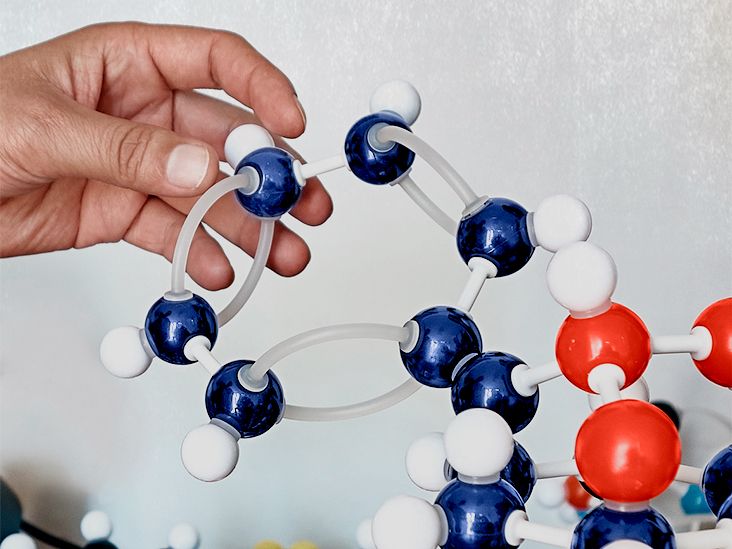David Baxter PhD
Late Founder
Experimental no longer: How Immunotherapy is changing cancer treatment
CBC News
July 20, 2018
It seems to help some cancer patients but not all, and only about 20-30% of cancer patients are eligible for immunotherapy trials. And there can be some potentially serious side effects.
Immunotherapy boosts the immune system or helps the immune system to find cancer and attack it. CORRECTION: An earlier headline on this video referred to a lack of evidence for immunotherapy in treating cancer. In fact, there is evidence immunotherapy works for some cancers. [6:00 minutes]
CBC News
July 20, 2018
It seems to help some cancer patients but not all, and only about 20-30% of cancer patients are eligible for immunotherapy trials. And there can be some potentially serious side effects.
Immunotherapy boosts the immune system or helps the immune system to find cancer and attack it. CORRECTION: An earlier headline on this video referred to a lack of evidence for immunotherapy in treating cancer. In fact, there is evidence immunotherapy works for some cancers. [6:00 minutes]



